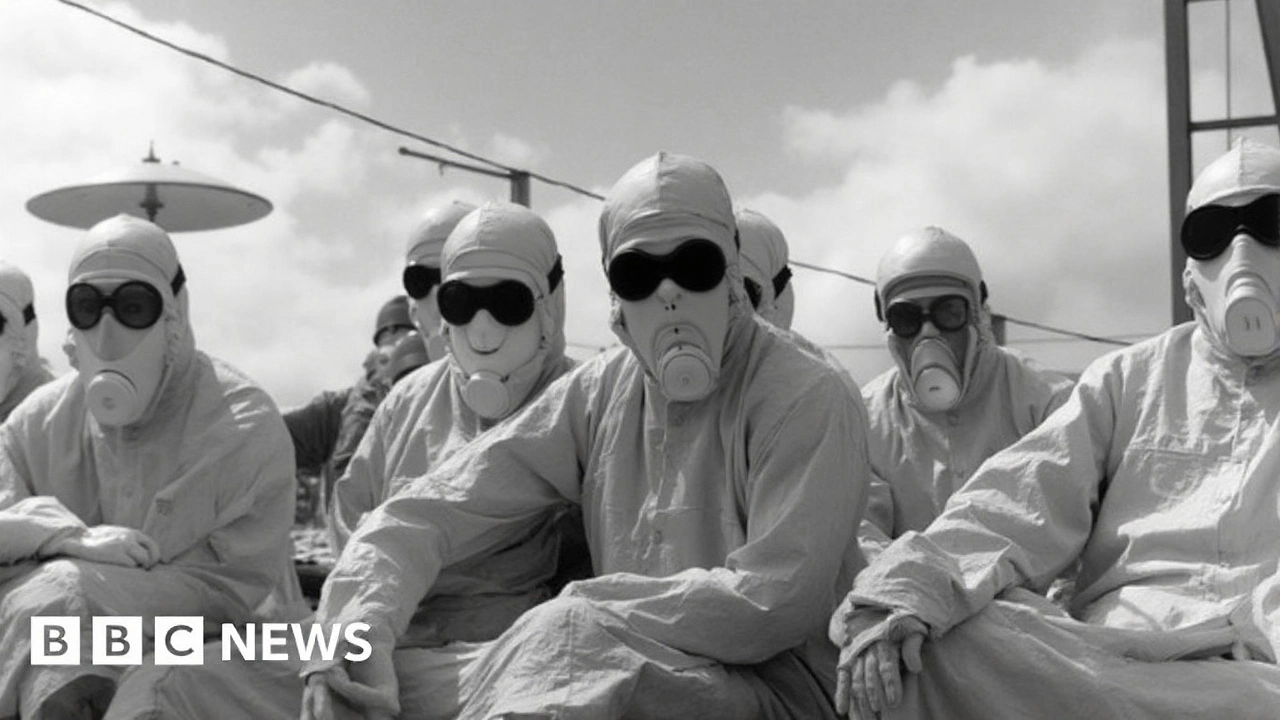A new centre-left alliance takes shape
A group of figures across the Labour Party is assembling a new network called “Mainstream,” pitched as a home for a practical, popular left that wants less infighting and more reach. The timing is no accident: organisers set it up just as the timetable for the deputy leader contest is about to be published, giving the group a chance to influence how that race is framed and who gains momentum.
The project has the backing of Andy Burnham, the Greater Manchester mayor, who has kept the door open to a future leadership bid. His message is blunt: Labour won’t win by narrowing the tent. In his words, politics inside the party has grown more tribal than at any point he can remember in four decades of membership, and a broader, more open approach is overdue.
Mainstream is being steered by the centre-left think tank Compass and co-founded with Open Labour, a group that has long argued for a “soft left” space distinct from both the party’s hard left and its most market-first wing. The network’s stated goal is to “develop and champion a popular left alternative” — not a breakaway movement, but a pressure hub to shape policy debates, candidate selections, and internal culture.
This move follows Keir Starmer’s recent reshuffle, which tightened his grip on the front bench and drew clear lines about discipline and message control. That sharpened focus has support among many MPs who want stability. But it has also left others looking for a channel to argue for a more deliberative style inside the party, particularly around policy-making and the way disagreements are handled.
Burnham’s pitch speaks to that tension. He argues that speaking out should be seen as an opportunity to improve ideas rather than as a threat to order. The aim, he says, is an inclusive culture that attracts the public rather than one that polices the membership. That is the tone Mainstream wants to set: collaborative, grounded, and more comfortable with internal debate.

What Mainstream wants—and what it could change
Organisers describe Mainstream as a political network rather than a traditional faction. Expect a mix of local events, policy roundtables, and coordinated endorsements rather than a rigid slate. The immediate test is the deputy leader contest, where influence can show up in small ways: who gets early nominations, which messages cut through with members, and how CLPs coordinate support.
The policy direction signposted so far is the pragmatic end of the left: secure jobs, strong public services, and a growth plan that doesn’t abandon fairness. Devolution will likely feature, given Burnham’s profile and the appetite among English regions for more say over transport, housing, and skills. The phrase “popular left” is doing a lot of work here — it signals a focus on delivery and broad public consent rather than internal purity tests.
Inside Labour, the landscape is crowded. Momentum remains the best-known group on the party’s left. On the other side sit organisations around the modernising tradition, focused on tight messaging and market confidence. Open Labour has often tried to bridge that divide. Mainstream aims to widen that bridge: soft-left on policy, firm about winning, and deliberately cool on factional warfare.
The practical question is whether Mainstream can turn tone into leverage. Networks matter in Labour’s rule-bound world. They affect National Executive Committee elections, selections for parliamentary candidates, conference votes, and the atmosphere around policy consultations. If Mainstream can organise at constituency level and recruit credible local champions, it can quietly shift outcomes even without a formal whip.
Leadership allies will watch closely. A group arguing for “less faction, more breadth” sounds harmless, even helpful, if it stays constructive. It becomes a headache only if it hardens into a bloc that challenges official lines at sensitive moments. For now, the emphasis is on cooperation — a signal that the network wants a seat at the table, not a fight in the corridor.
Compass’s involvement adds experience in cross-organisation campaigning and democratic reform work, while Open Labour brings relationships with MPs, councillors, and activists used to operating in the party’s middle ground. That mix could make Mainstream nimble: able to speak policy, organise locally, and keep the tone civil.
What would success look like? In the short term, a deputy leader field that reflects the network’s priorities — competence, regional credibility, and a willingness to engage members without opening factional trenches. Over the medium term, a policy agenda that couples investment with reform, and a calmer internal climate where disagreements don’t instantly become disciplinary dramas.
There are risks. If “popular left” becomes a vague label, the project could sink into branding rather than substance. If it leans too hard into leadership speculation, it could be dismissed as a vehicle for one figure’s ambitions. And if it can’t show wins at CLP level, it won’t move the dials that count inside the party.
Still, the timing gives Mainstream a real opening. Post-reshuffle, many members want a say in where Labour goes next — not to rip up the strategy, but to shape how it lands on the ground. With a deputy leader race looming and a restless membership keen to be heard, a network built on inclusion and practical left ideas has a window to prove it can do politics differently without lighting new fires.

